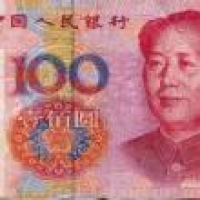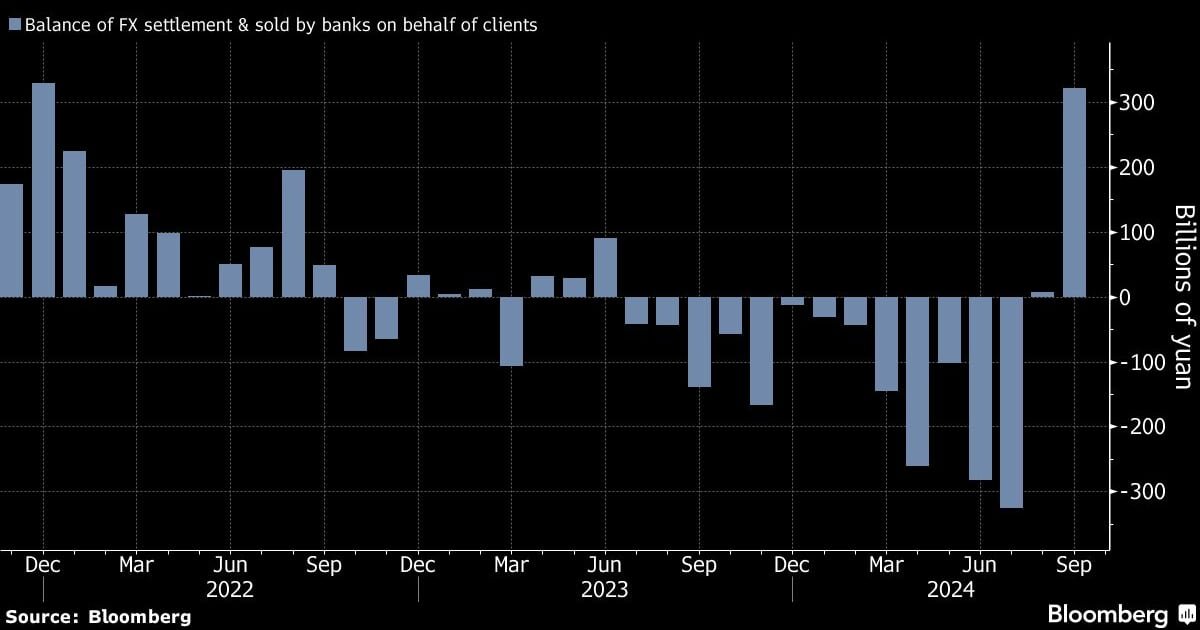
Marc Uzan, executive director of the Reinventing Bretton Woods Committee, delivers a speech at a sub-forum of the 2025 Tsinghua PBCSF Global Finance Forum on May 18, 2025. Photo: Courtesy of Tsinghua PBCSF
Amid growing uncertainty in global financial markets, the internationalization of the yuan could support a more multipolar world, and it presents an opportunity for China to shape the next chapter of global governance, Marc Uzan, executive director of the Reinventing Bretton Woods Committee, told the Global Times at a forum on Sunday.
He made the remarks during a break of the 2025 Tsinghua PBCSF Global Finance Forum, in response to questions about whether the US tariffs could enhance the appeal of yuan-denominated assets.
At the forum, Chinese and international experts offered in-depth discussion on China’s role and opportunities in the evolving global landscape.
“I think you can argue that the moment may come into fashion for China to use this important time in global finance. There is a fight, as the US is less willing to lead the international economic order, that China can leverage this and start to think more,” Uzan said.
He said that in order for the world to become multipolar, we need to rely not only on one reserve currency but on multiple reserve currencies, including the yuan and the euro.
“It will be more logical to have an international monetary system that does not rely on a single reserve currency, but rather on multiple reserve currencies. The way forward is to consider how the international monetary system can become more diversified,” according to Uzan.
China is steadily rolling out policies aimed at stabilizing the market and expectations, as announced at a press conference by the State Council Information Office of China on May 7.
Experts have described the implemented and upcoming financial and monetary measures, such as the 0.5-percentage-point cut to the reserve requirement ratio on May 15 for financial institutions, as a stabilizer for China’s policy direction amid a volatile global environment.
The reduction came after Pan Gongsheng, governor of the People’s Bank of China (PBC), said on May 7 that the central bank would roll out measures to strengthen macroeconomic regulation.
Regarding the impact of these policies and his outlook on the Chinese economy, Uzan said that domestic demand and consumer confidence are among the key factors.
Financial opening-up is a crucial pillar supporting the internationalization of the yuan — at the very least, it serves as a significant driver, Zhang Liqing, director of the Center for International Finance Studies in Central University of Finance and Economics, told the Global Times on Sunday.
Zhang noted that further opening in the financial sector will bring new challenges, as China’s financial services industry will face increased competition. He said that in order to reap the benefits of greater openness, it is necessary to accept and manage the associated risks. He said that China is fully capable of handling these challenges and is well-equipped to handle them.
Zhang noted that in recent years, the country has made significant strides in financial regulation, achievements that are widely recognized internationally.
He pointed out that China has introduced many innovations in the implementation of macroprudential policies, some of which have been adopted by other countries. With these policy tools in place, Zhang expressed confidence in China’s ability to effectively manage the financial risks that may arise during the process of further opening-up.
Experts emphasized that the international status of the yuan is closely tied to China’s goal of high-level financial opening-up. Advancing this process in a steady and prudent manner will allow China’s economy to play a greater role in promoting global stability through currency pricing and trade settlement.
The China Financial Policy Report 2025 announced during the forum that advancing high-level financial opening-up and accelerating the development of a strong financial system require enhancing the cross-border functions of settlement, financing, investment and reserves.
It emphasized the need to strengthen connectivity with overseas markets, develop offshore yuan products and advance the development of international financial centers. Broader and deeper market access is essential to enhancing China’s voice in global financial governance.







